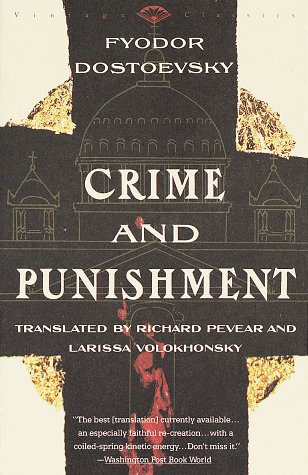I’ve just read Shock of Your Life, by Adrian Holloway. This is the first Christian book I have read (aside from the Bible!), and it was recommended by a friend. It’s the story of three teenagers - the non-Christian, the lukewarm Christian and the red-hot Christian - and their discoveries upon dying and reaching the afterlife.
I don’t often read things recommended to me (my own ‘To Read’ list is far too long to add to!) but the afterlife is not something I think I’ve ever heard a preach on. It’s also a very short book, and can be read in an afternoon, which is deliberate; Holloway writes at the end of the book to explain that some concepts are simplified to keep the minimal length, as (in his words) no teenager is going to read a spiritual book if it’s going to take them longer than a day.
So, I began this book with high hopes for Christian fiction! And it started quite well. However, it does read PRECISELY like a middle-aged man pretending to be a teenager, and the cheesiness is cringeworthy, but you learn to wade through it. Whenever a point is made from the Bible, Holloway puts it in bold text, which was really helpful. Another of his stated aims was to encourage teenagers to pick up the Bible for themselves, which I think was successful; I was wanting to look it all up! Of course, this resulted in a bunch of overly-contrived, ‘Wow, you mean that’s in the Bible? And I never knew? Man, I wish I’d read the Bible when I had the chance!’ kind of lines, but you know, as I’ve said, you get used to it.
The first two chapters, on the non-Christian and the lukewarm Christian, were really great in terms of challenging Christian reading. The non-Christian reminded me that you can’t expect people to really know about the gospel if you don’t tell them, whereas the lukewarm Christian showed me what happens when you accept Jesus but not his grace: a life of sin and guilt and feeling condemned, when you’re actually not, and missing out on chillin’ with God. Both admirable messages, that I want to continue to be reminded of for the rest of my life.
But, then there was the red-hot Christian. The red-hot Christian was an example of a teenage girl living for Jesus, which you’d think would be encouraging, right? No chance. She was perfect. I’m not kidding, genuinely perfect. She did about as much sinning as the man Himself. I really don’t know what Holloway was trying to get at, because I don’t think anyone at all could even attempt to relate to her. I mean, she had a ‘past’ and whatnot, but (in one of many contrived conversations) a friend asked her if she’d sinned much (I can’t remember the exact phrasing, forgive me) since becoming a Christian, and she replied that she hadn’t failed in her devotion to God once. Again, admirable, but in this case totally unachievable. We’re human, God knows that, and if he thought we didn’t need constant help then he wouldn’t have given us a Bible. And sexist too! Another perfect Christian ambles into heaven, this time a charming young chap, and he talks about how he struggled with - wait for it - football and porn. Predictable much. Obviously, he successfully overcame these obstacles and was never troubled by them again, only reinforcing the idea that it’s possible to be perfect. If it were possible to be perfect, we wouldn’t NEED God’s grace! And I really hate it when people ascribe lust as an issue only to men, because it’s just so entirely false. It’s archaic! And it makes the women who struggle with it feel like there’s no help out there for them. From my experience of church (about two years worth) I’d thought that these attitudes were dying out and church was becoming a lot less pigeonhole-y and actually starting to help EVERYONE where they needed it. Maybe not.
Finally, the attitudes of these Christians towards their faith was a little...un-Christian. They emphasised how they talked to people who hated them, and did good where they weren't wanted, which is great. But, they said that they did it because they wanted to get greater rewards in Heaven. That is totally wrong and contrary to what Jesus wants of us. It's true, that the more diligently you try and live for Jesus, the greater your crown or mansion (or whatever heavenly rewards are measured in) will be, but the minute you do your good deeds for that, you've undermined them. By doing good deeds out of greed, selfishness and superiority, you've tarnished the good heart that Jesus was trying to cultivate in you. You've become just as human as everyone else. Not something I want anyone, Christian or otherwise, to believe is acceptable.
So, in summary, this book was challenging and inspiring in parts, but sexist and contradictory in others, and cheesy and contrived as a whole. I don’t think I’d pass it on unless I asked the recommendee to stop after the first two chapters! And I definitely wouldn’t pass it on to my sister (a non-Christian teenager), she’d never listen to me about my faith ever again if she thought all Christians were as lame as Holloway ;)
RATING
Rotten! Probably not suitable for teenagers, or non-Christians.






